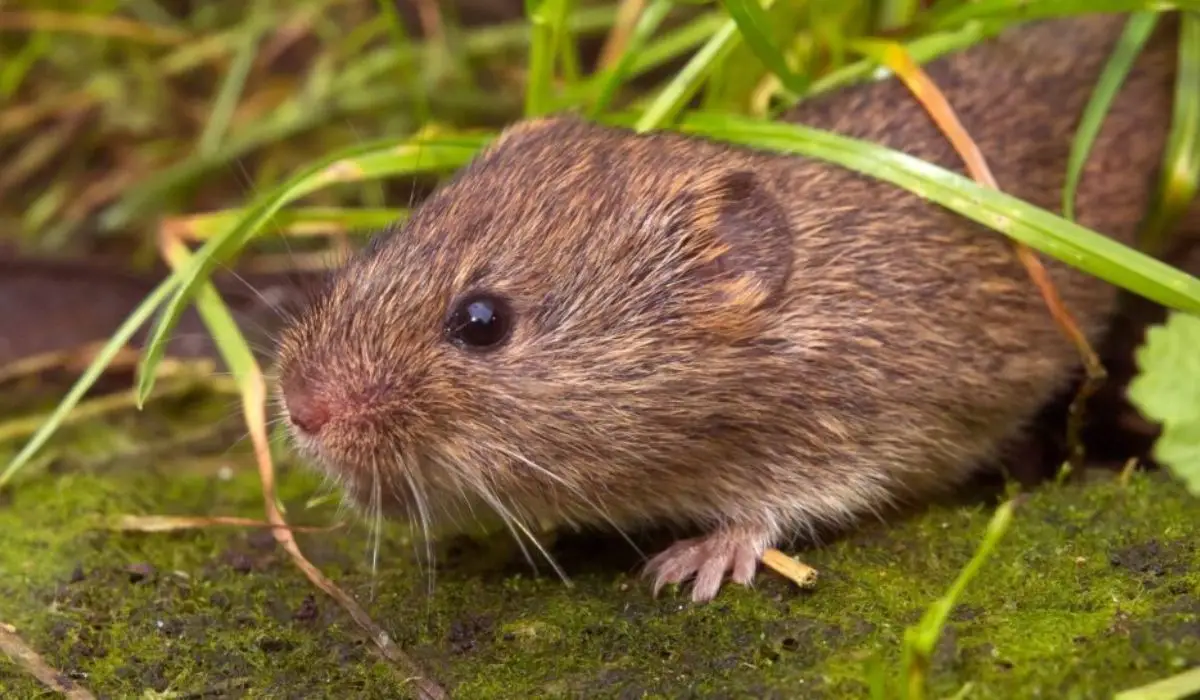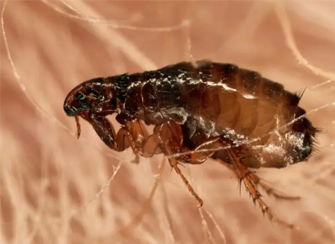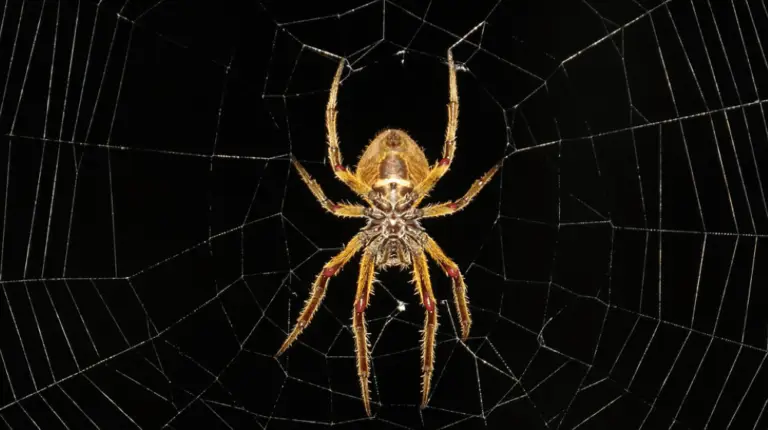
Pest Issues During The Autumn And Winter Seasons
Get Rid Of Pest Issues In The Autumn And Winter Seasons
There’s no denying that the autumn and winter seasons are annoying when dealing with pests. Why? Well, the cooler temperatures draw them in for shelter and food. But don’t worry; Pest Arrest has an effective solution for you. You can keep these pesky pests at bay with household spray and light traps. Contact us at (303) 325-7334 or visit our page for a free estimate!
Autumn And Winter Pest Issues And How To Get Rid Of Them
The autumn season is a great time to enjoy the outdoors. However, with each new season, new pests and pest problems emerge. This blog post will go over the most common pests in autumn and winter.
1. Mosquitoes
Mosquitoes in winter are prevalent, and in the summer, they spread diseases like Zika. The best way to prevent infection from a mosquito is by using bug sprays or bug zappers for outdoor use. Mosquitoes can only lay eggs in water. If you have potted plants or bird baths, you should clean their water so mosquitoes can’t get in. Cleaning the water and getting rid of it also keeps mosquitoes from coming inside your house.
2. Ticks
Ticks are parasites that live off their hosts’ blood, including humans. Ticks are most active in the spring and summer but can still be found in the fall. Ticks in winter carry diseases that make you sick, so it is important to take precautions in the woods.
One way to prevent ticks is by wearing long pants and sleeves outdoors and using insect repellent. If you find a tick on your body, it is important to remove it properly so that the head of the tick does not stay attached to your skin. The best way to remove a tick is to grab it with tweezers and pull it straight out. When you have already removed the tick, it is important to wash the area with soap and water.
3. Fleas
Fleas are small, wingless insects that live off their hosts’ blood. Fleas are most common in the summer but can still be found in the fall. Fleas can carry diseases such as typhus, so it is important to take precautions outdoors where fleas may be present. The same procedure for ticks is the best way to prevent and remove these pest issues in your body.

4. Mice
Mice are small rodents that can carry diseases such as Hantavirus. Mice are most active in the autumn and winter, so it is important to take precautions during these months. The best way to prevent mice is to keep your home clean and free of food crumbs. Mice are also attracted to sweet smells, so it is essential to include all foods with a strong odor. If you find a mouse in your home, it is important to call a professional to remove it.
5. Spiders
Spiders are most active in the autumn and winter months. Spiders are good because they eat other insects. Spiders are harmful because some can bite humans, and some bites can be poisonous. The best way to prevent spiders is to keep your home clean and free of winter insects. If you find a spider in your home, it is important to call a professional to remove it.
6. Birds
Even though it is getting colder outside, it is still warm in your house. Some birds are flying into your home to find a place to stay. They will stay inside if it’s warm there. If you have a bird in your house, the best thing to do is open all the doors and windows so it can find its way out again.
7. Insects
Bees, wasps, and other bugs die off during the winter. But some of them like to live in houses. Spiders build webs near warm things, like fireplaces or furnaces. And ants want to enter homes looking for food, so if you see any crumbs or spills, clean them up immediately!

In the winter and fall, many pests are active. They can make it hard for people to live in their homes because they can cause damage and spread diseases. We’re trying to help by providing pesticide services that make homes safer. If you find a pest in your home, it is important to call a professional to remove it.
If you’re dealing with any of these pests in your home this winter, contact a professional pest control company like Pest Arrest. We’re experts at getting rid of all kinds of pests, and we’re here to help you! Give us a call today.
Pest Arrest Offers The Following Services:
Articles We’ve Selected For You:
Frequently Asked Questions
We see pests change with the seasons, just as the weather does. Some pests prefer warmer weather and peak in the spring and summer, while others thrive in the winter as they seek shelter from the elements.
Each season ushers in new changes, including a slew of new pests. Some pests thrive in the warm, balmy summer weather, while others prefer to hibernate indoors to avoid the cold winter winds.
Some garden pests spend the winter in the soil, where they are protected. They burrow into the ground to avoid the harsh weather and survive until spring. Tomato hornworms, squash vine borers, Colorado potato beetles, cabbage maggots, and cucumber beetles are examples of burrowing garden pests.
Adult insects commonly overwinter in tree holes, leaf litter, and under logs and rocks.
Early spring is the best time to do pest control. Spraying in the spring will kill the pests’ nests and colonies. When the treatment has less to do, the effect lasts longer.
Pests such as flies and mosquitoes die off in the fall and winter. Unfortunately, many pests that wreak havoc on your lawns and homes during the summer begin to move inside in the fall because they can’t survive outside as temperatures drop.
Many pests want to stay warm and eat, and when these things are scarce in the winter, bugs often move to places that are better for them. Others may go into a state similar to hibernation, and some may even huddle together for warmth. When the temperature drops, not all insects behave the same way.
Cooler temperatures also slow the development of arthropods, reducing their abundance. Arthropods in temperate regions either die, migrate or go into diapause when cooler temperatures arrive in the fall and winter.
Many insects and amphibians rely on freeze tolerance to survive the winter. This is a process in which the organism must freeze half of its body and reduce metabolic practices. An insect with a natural freeze tolerance converts 50% or more of its body water to ice.
It’s a common misconception that, as winter approaches, pests will pack up and leave until next year. In reality, crawling insects and other pests that do not hibernate in the winter can make their way into our homes and attract mice and other rodents looking for warmth.


 Powered by
Powered by